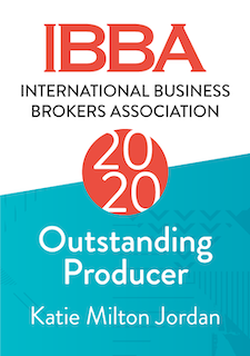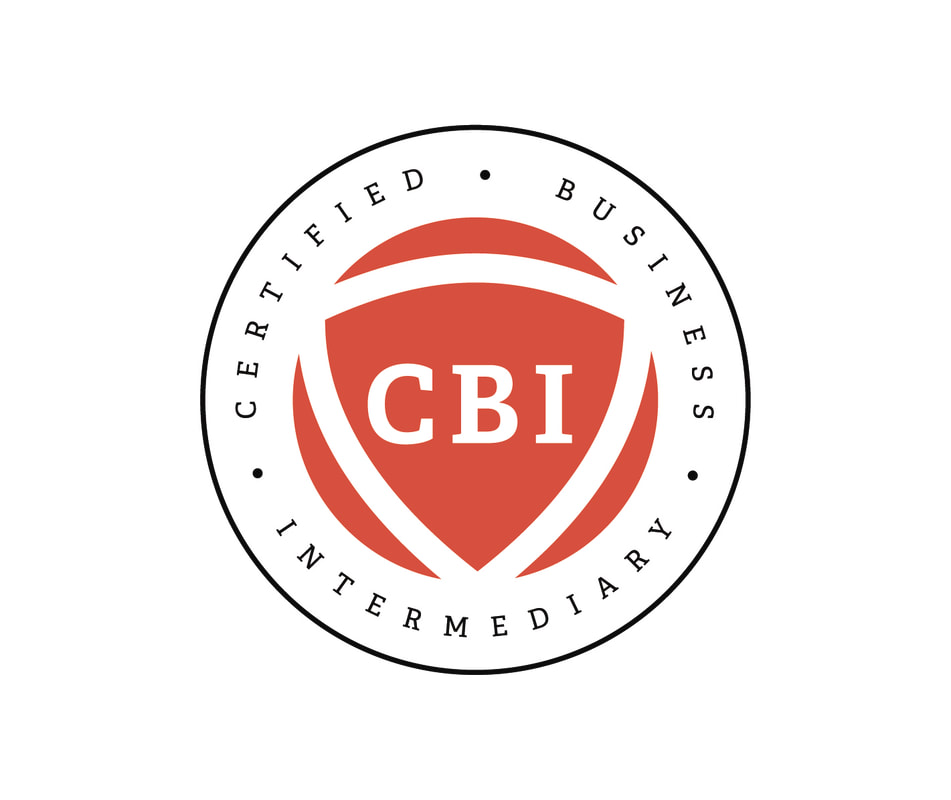|
If you’ve been in business for a while, you know how complicated your books can get. This is especially true if you’ve accumulated many clients and built up an expense sheet longer than your grocery list. Keeping up with the expenses and revenue can be one of the most tedious tasks we face in the backend of our businesses. When you decided to start your own business, you probably weren’t dreaming of all that time you’d spend making sure each purchase is tracked, recorded, and in line with the revenue coming in. But you also get that this habit is necessary so that you can be sure you’re doing everything legally and avoiding any future issues with the IRS. When business owners come to me ready to sell their business, but they haven’t taken the necessary steps to ensure a clean record, I have to tell them that their business isn’t as valuable as they may think. And that really sucks. Having clean books is about far more than just staying organized. Your business’s value is measured using your financials, so unclear and unprofessional books will cost you a lot of money if you ever try to sell.
Any trust there might have been will evaporate before you’ve even sat down at the closing table because a buyer will have no way of knowing how reliable your records are. You’ve probably guessed what my #1 tip for all small business owners is by now, but it bears repeating: Keep your books clean. There are several ways to ensure your success in this area. Let’s break these down so that you can get started today. Track your expenses. Don’t think that an Excel spreadsheet will do the trick! A year from now, when you have multiple streams of revenue and various expenses, that spreadsheet will be chaotic and unreliable. Additionally, the person tasked with inputting the data will likely be overwhelmed and prone to making mistakes. If you’re starting your business with low overhead, you have the advantage of having less to record. However, as you grow, so will your expense sheet. Invest in an automation system now that can help you track the money coming in and going out of your company for years to come. Implement a system. I once worked with a client who had zero bookkeeping systems in place but claimed she was ready to sell the business. She wanted to focus more on her declining health and needed to sell ASAP. Her books were so unorganized that there was an expense for over $200,000 that was in an "ask my accountant" sub account. We couldn’t even pinpoint what this money was spent on because her books were in such chaos! By not implementing a clean, organized bookkeeping system, she put herself in a precarious position - unable to sell as quickly as she needed to.
Start early. A business should have at least three years of financial records before its owner ever even considers selling. From a buyer’s perspective, a short record of financial spending and profits doesn’t bode well for risk averse business investors. You may be bringing in millions of dollars, but if you can’t prove how you’re generating that money and doing it consistently over time, you’ll be hard-pressed to find a buyer who will trust your company enough to invest in it. Record it ALL. Believe it or not, many businesses take cash under the table as payment for products or services, simply to decrease their taxable dollars. Not only is this usually illegal, but those business owners are actually hindering their value and decreasing their chances of selling at the price they could otherwise market the business at. By hiding money, you’re losing more money than you’re trying to save. For example, a motel owner may let people come in and pay cash for a room. Maybe there’s a large group of motorcyclists and they need rooms for 10 of them. They offer cash upfront and the owner decides to take it and pat himself on the back for making a little extra money that night. They pay the owner $1,000 and he doesn’t run it through the business, so he won’t need to pay taxes on it. The problem here is when you don’t run money through your business, you can’t sell your business for the amount of money it is actually worth, because that amount hasn’t been logged on the books. And if you do this 20 times a year, you may think you’ve saved money on your tax forms, but you actually cost your value around $20,000 X the multiple your business would sell for. Deciding to sell your business is stressful enough — you can easily avoid complicating the process by having clean books in place, all ready to be handed over to the new buyer. If you’re unclear on how to do this properly, let us help you by hopping on a call and discussing how OUR bookkeeping service can get this done for you. Hop on my calendar HERE for a no obligation chat. |
Author
Archives
August 2022
Categories
All
|

Katie Milton Jordan :: Texas Business Broker
222 Sidney Baker Street South Suite 213 Kerrville, Texas 78028 Open M-F 9am - 5pm & by appointment 830-370-3714 |
Made with ❤️ in Kerrville :: Soon to be the Small Business Capital of Texas.


 RSS Feed
RSS Feed



